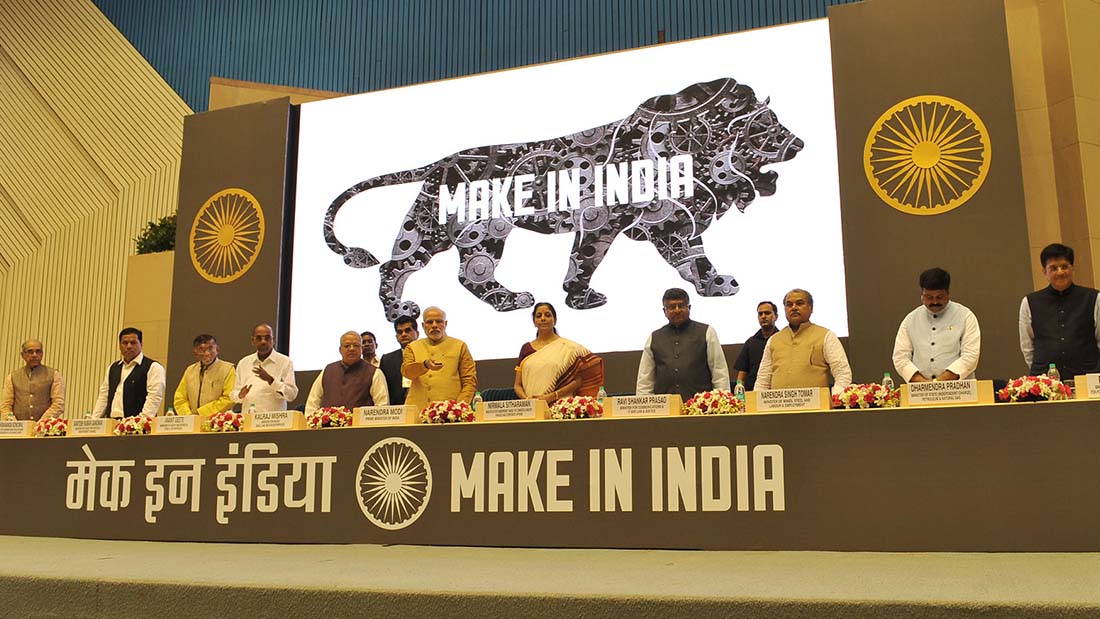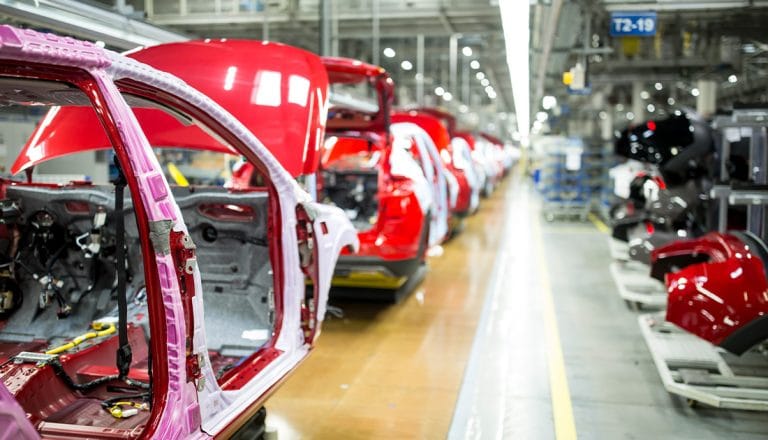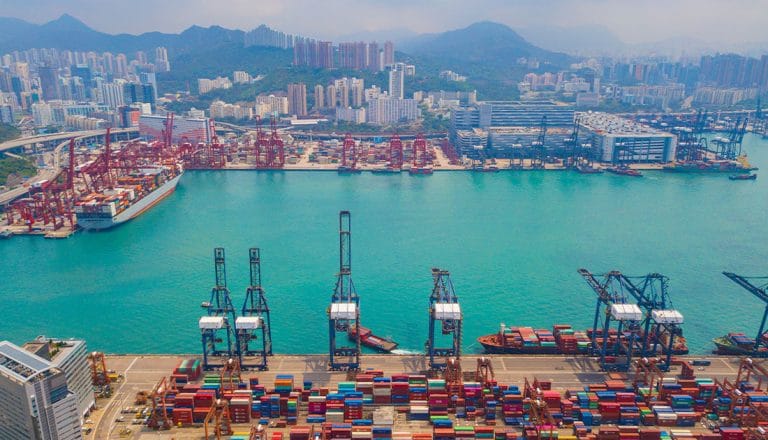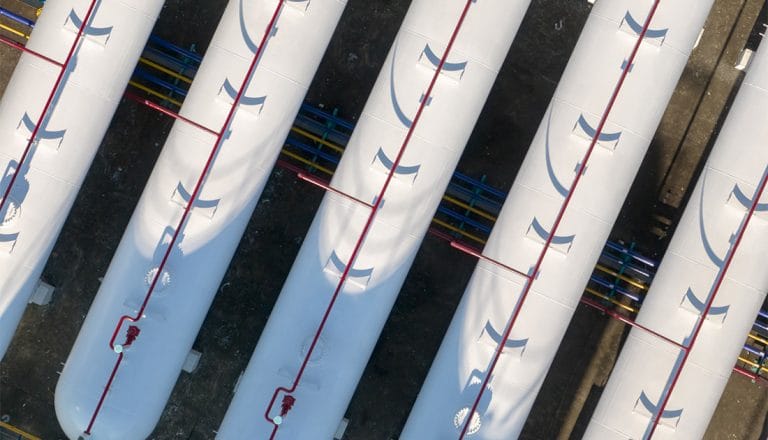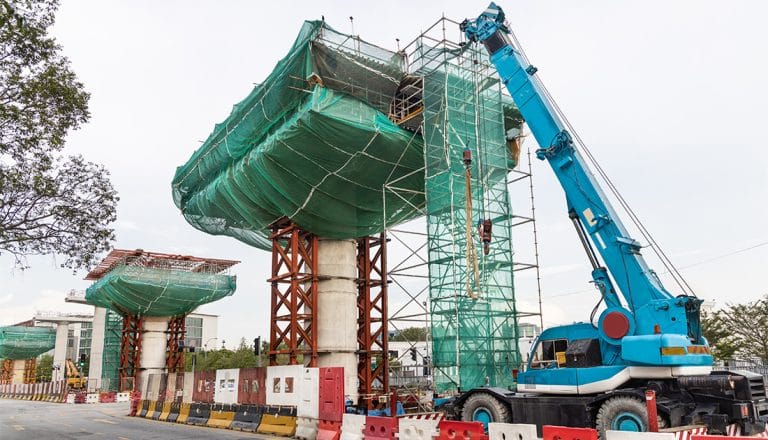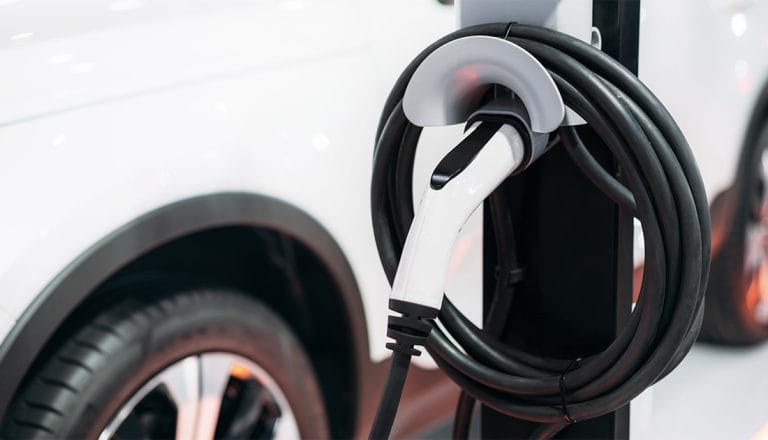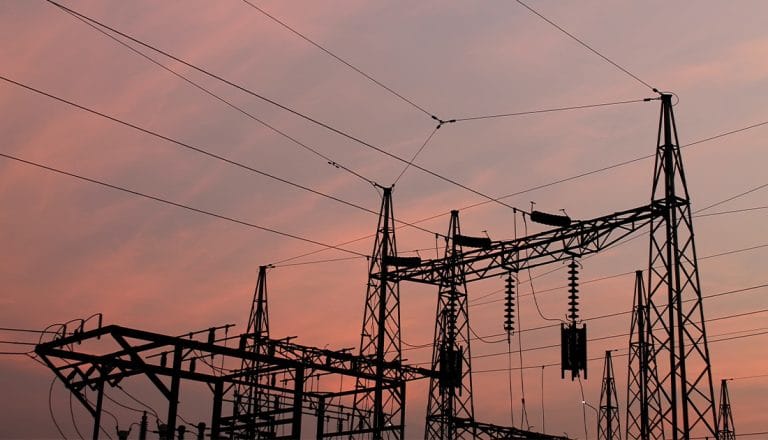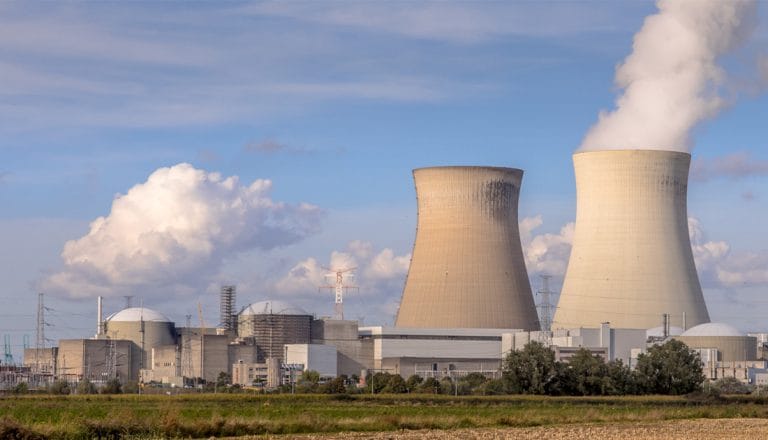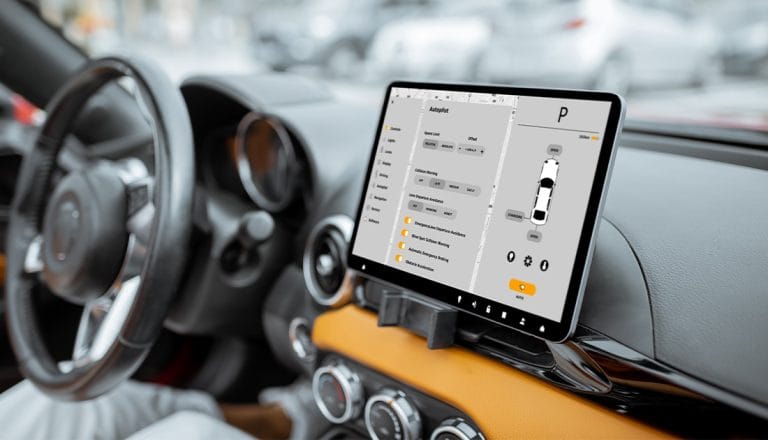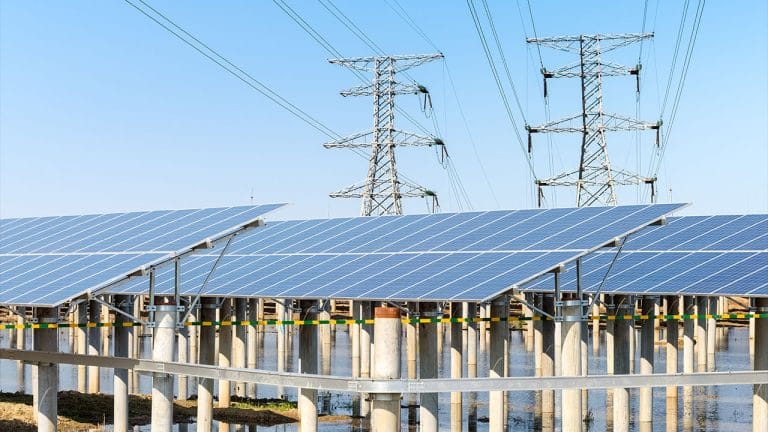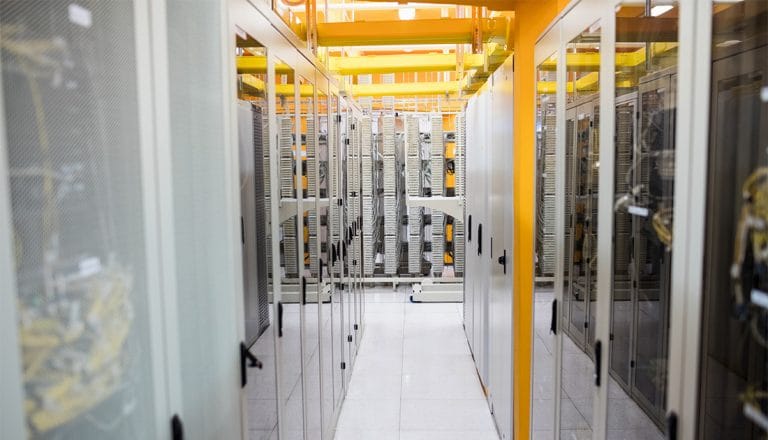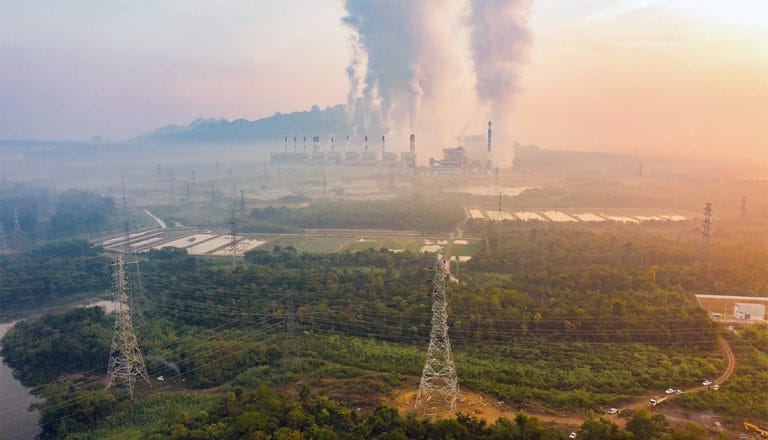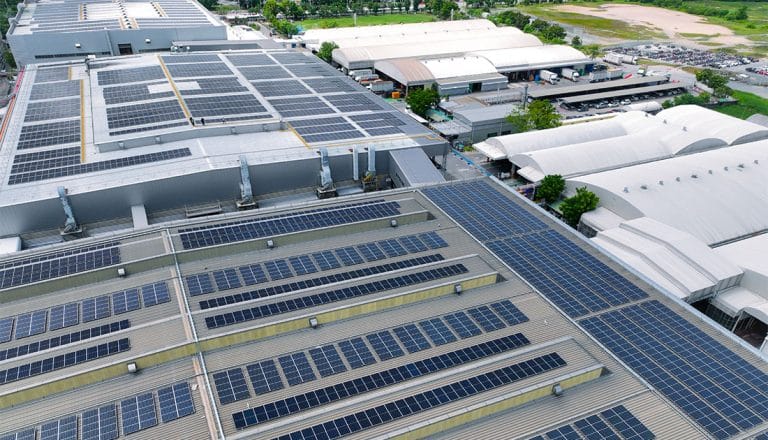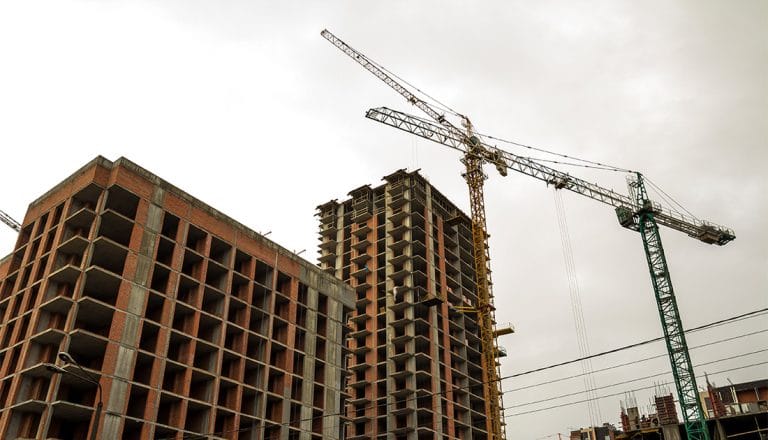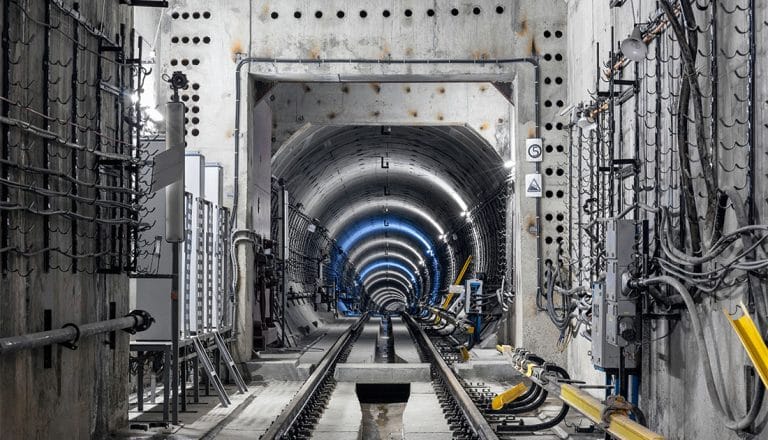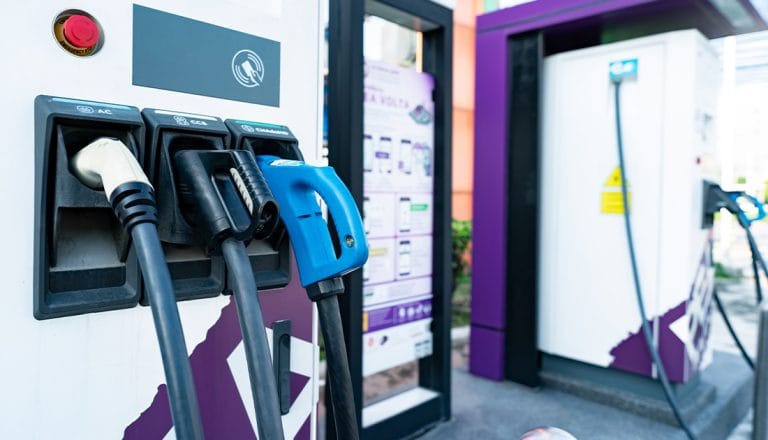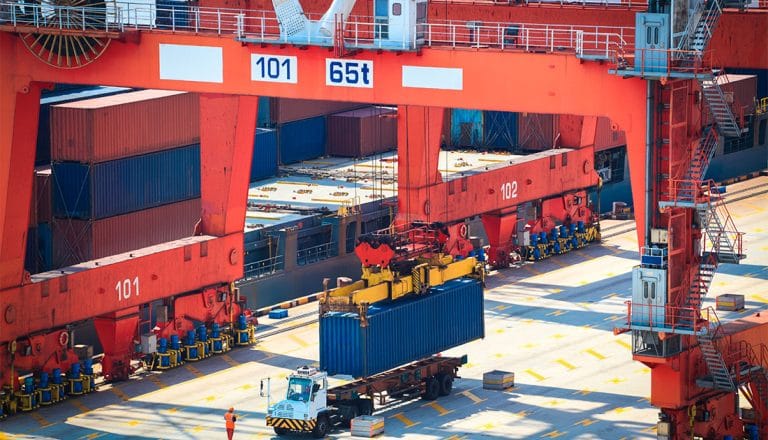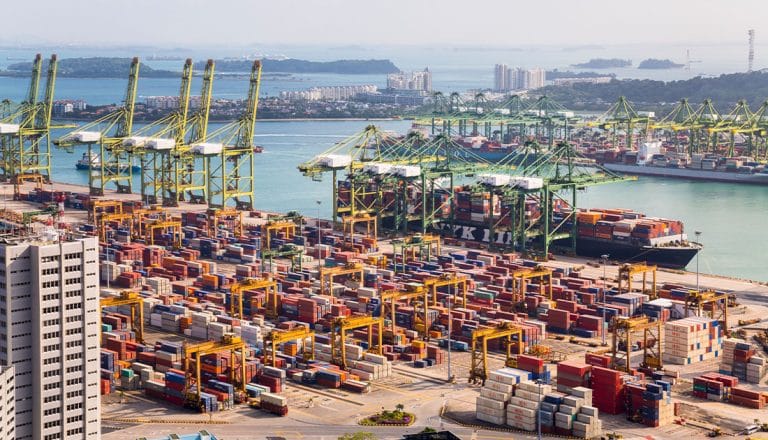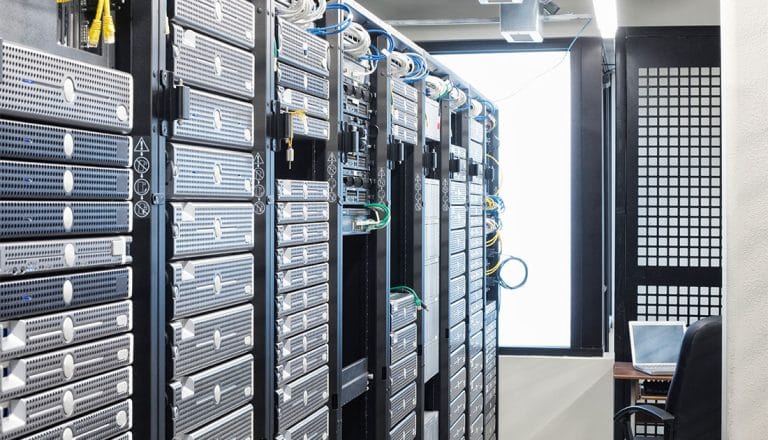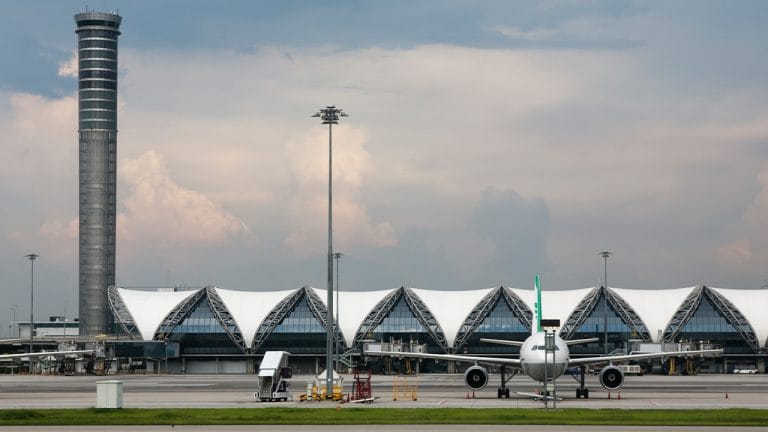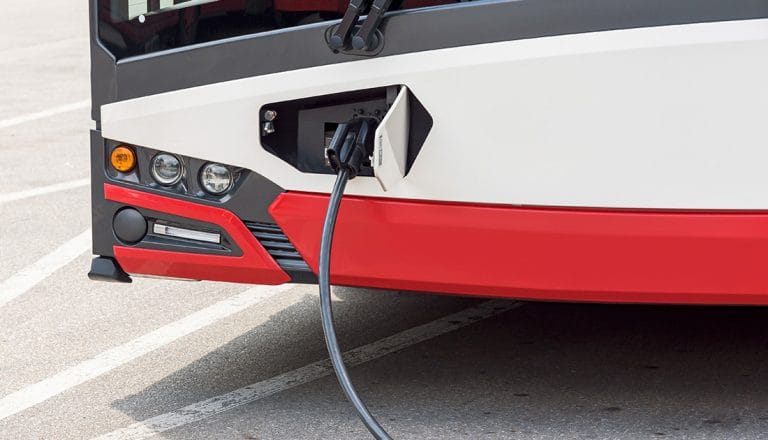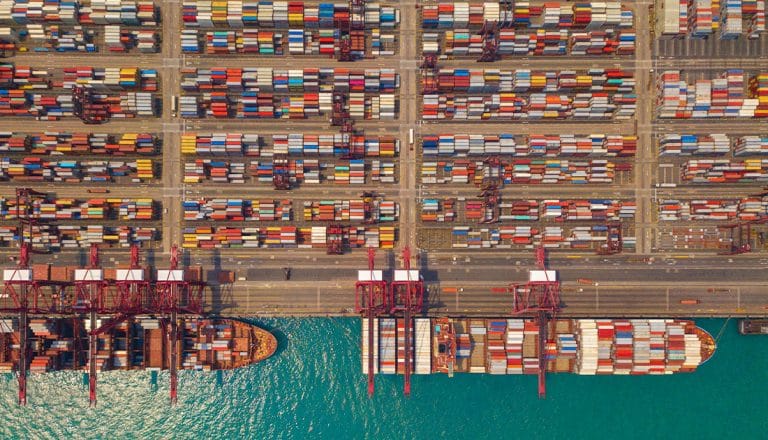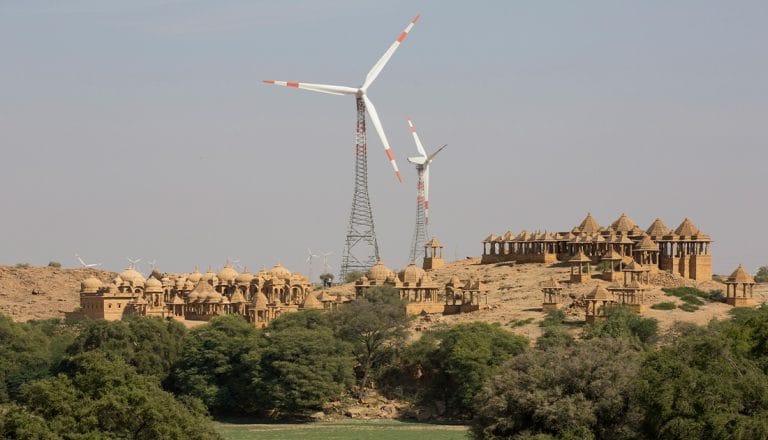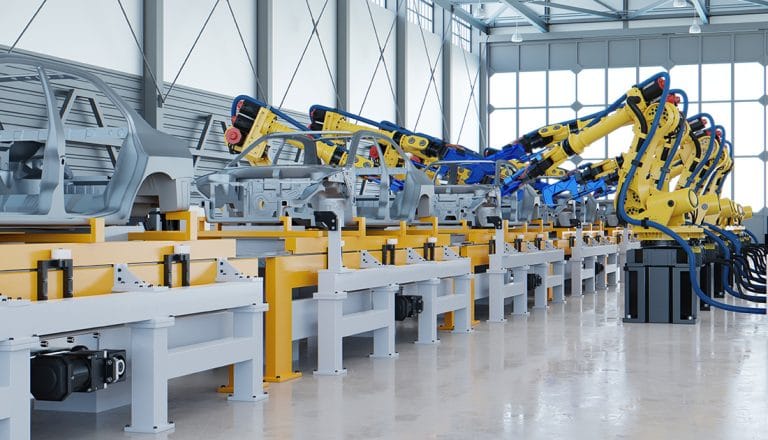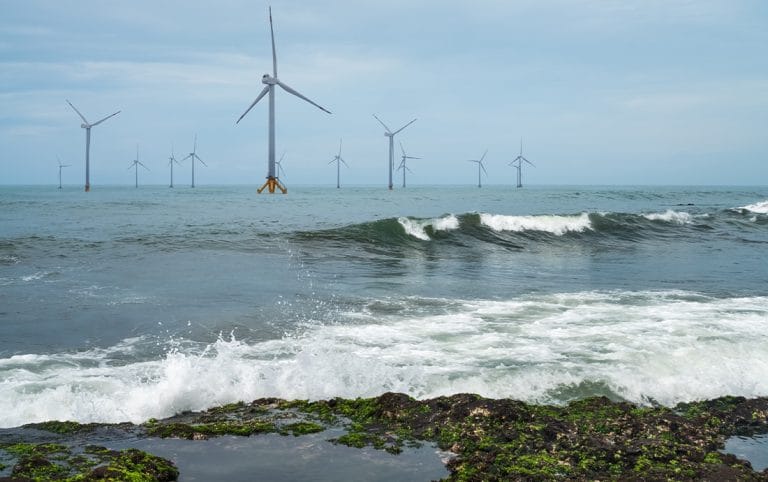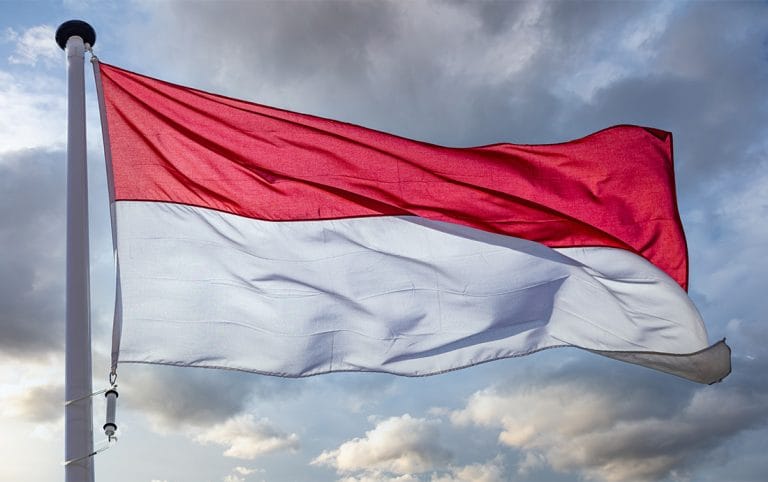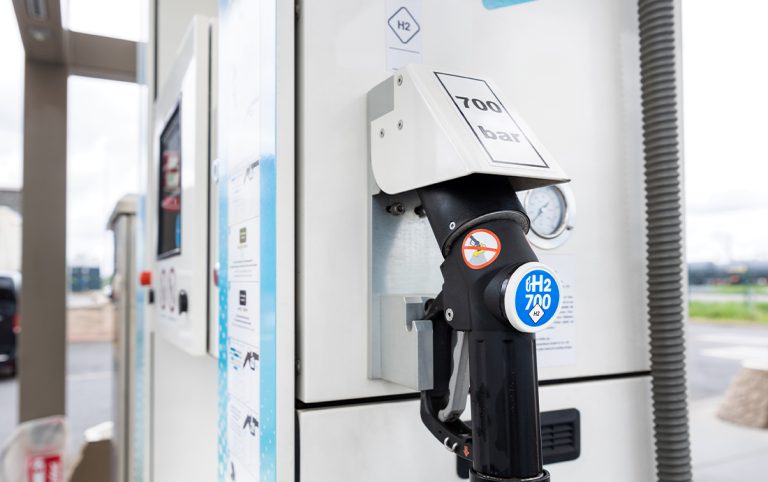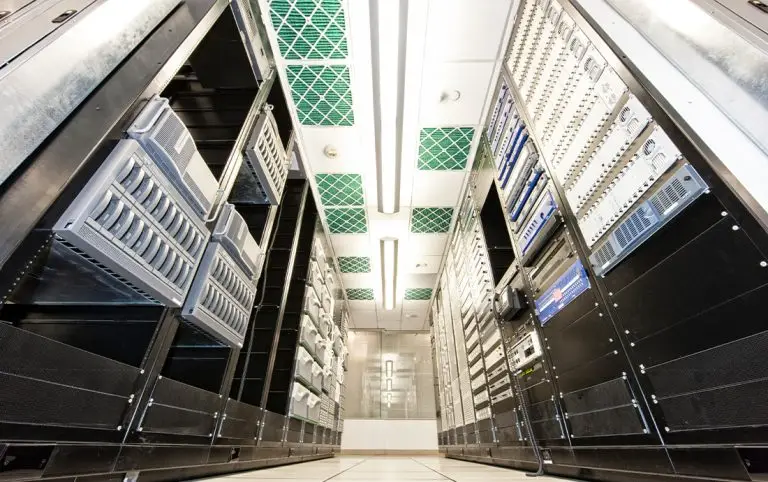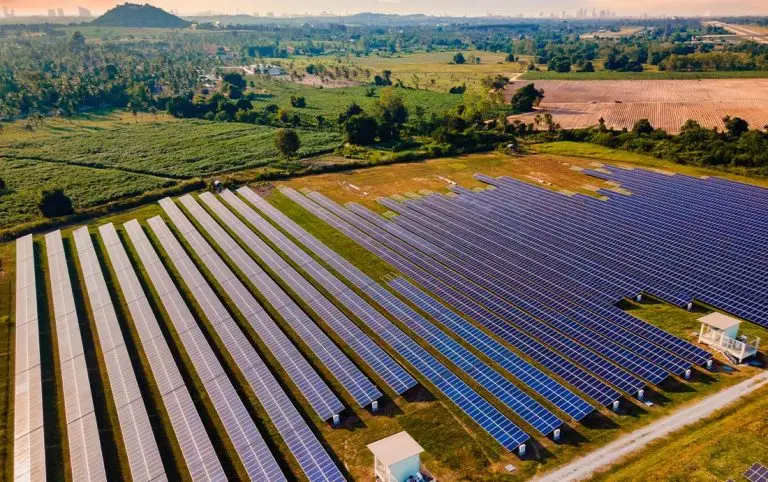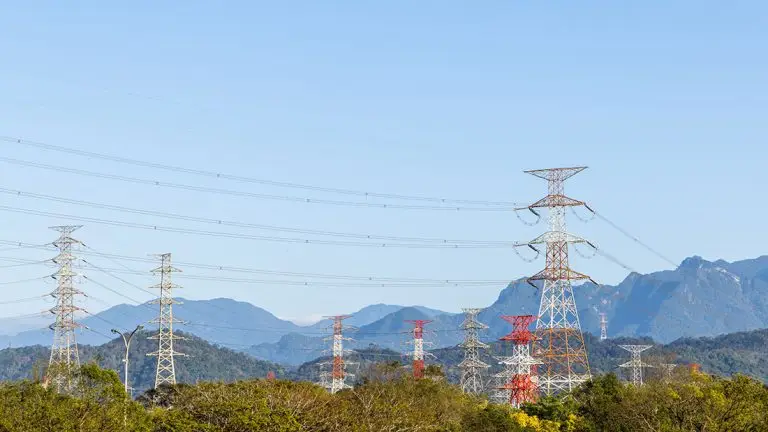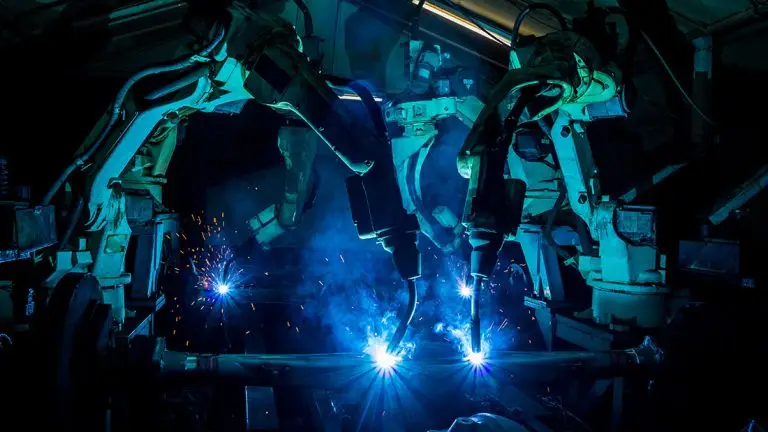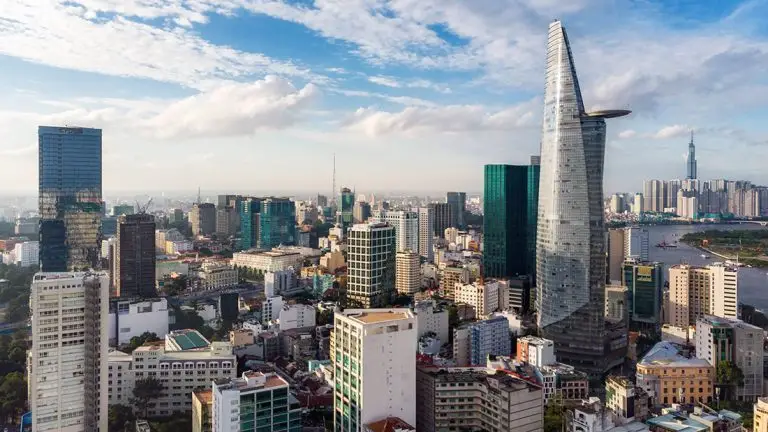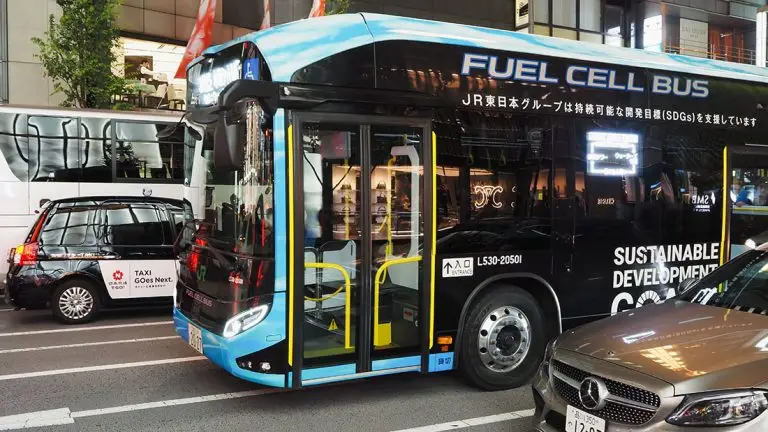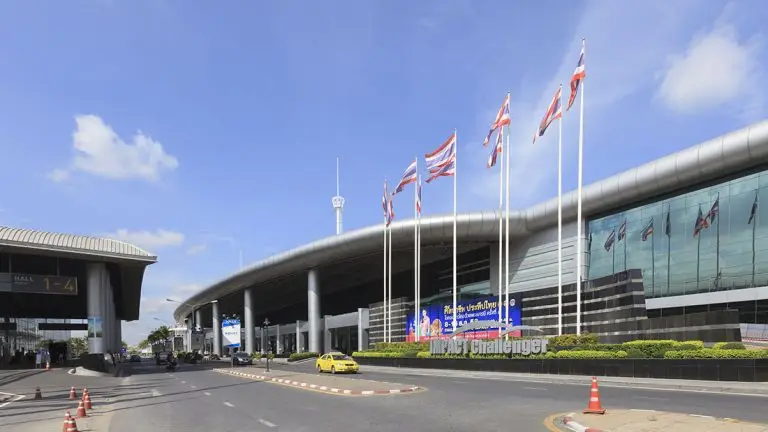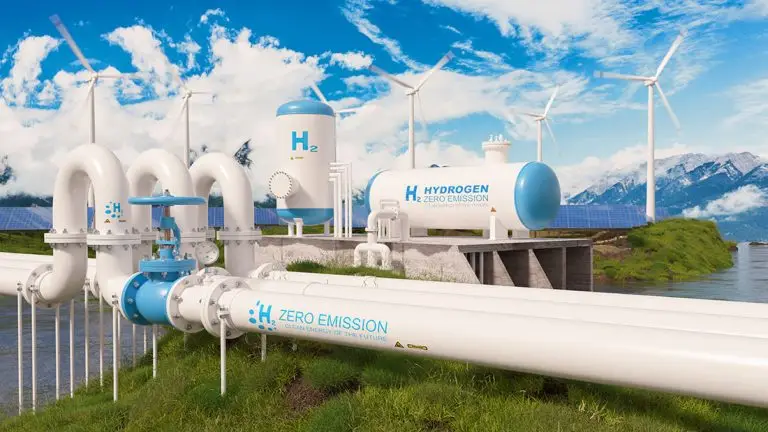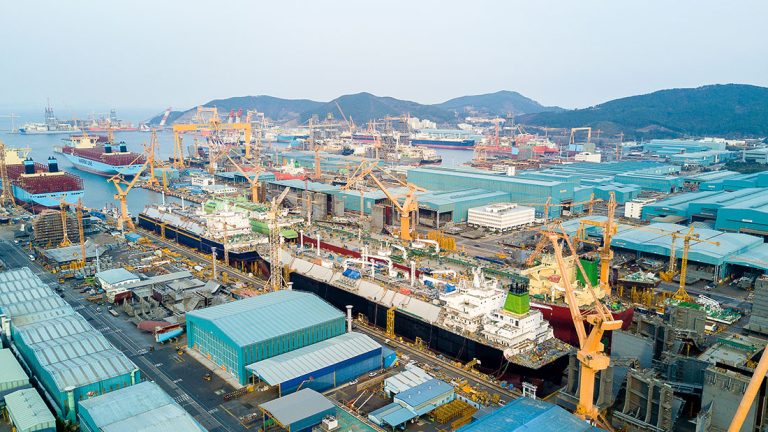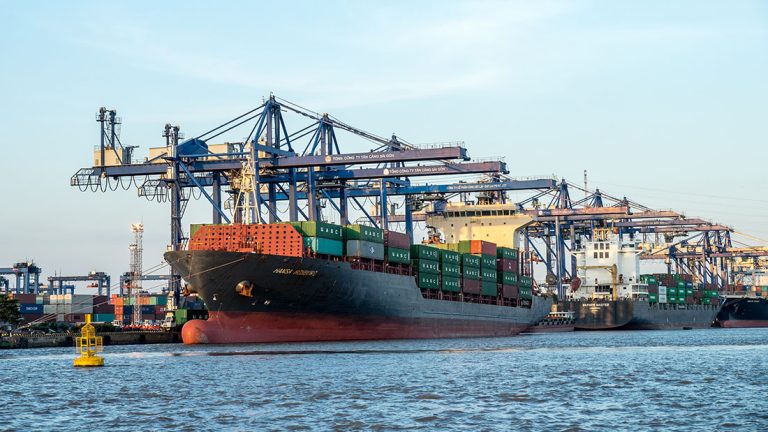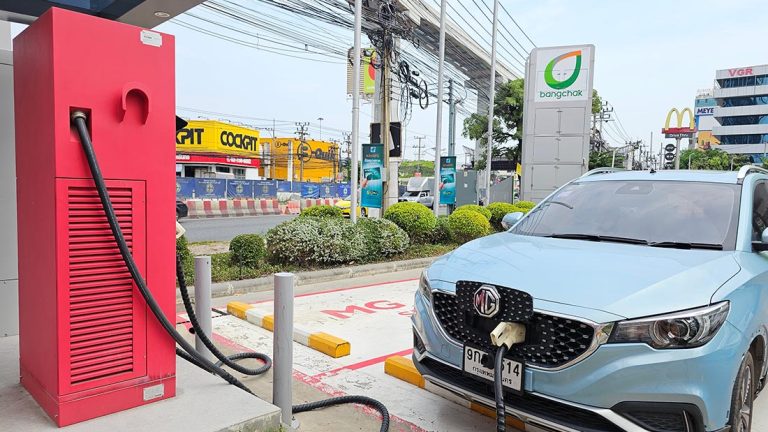The world has watched as India has developed rapidly over recent years. The country’s enormous potential, quick development and growing market size creates new opportunities for companies wishing to expand their broader Asian operations. Asian Insiders Indian partner, Pawan Bhatnagar explores what doing business with India looks like, the country’s economic progress and what it means for global business.
India has been on an upward track as an emerging economic powerhouse in recent years, making it an increasingly appealing destination for global firms. The country has actively worked to develop several industries including manufacturing, IT, energy, electric vehicles (EVs), fintech and others. To encourage investment, creativity and entrepreneurship in the nation, the Indian government has launched important programmes such as ‘Made in India’ and ‘Digital India’.
Economic Landscape
According to the International Monetary Fund, in 2022 India was the fifth-largest economy in the world with a Gross Domestic Product (GDP) of USD 3.5 trillion. The nation’s economy has grown steadily over the previous ten years, averaging over 7% annually. In 2022-23, it is anticipated to grow at a rate of 6.9%, making it the world’s fastest–growing large economy.
With a young population and a middle class expected to reach 500 million by 2025, India’s demographic dividend has been a key factor in the country’s economic progress.
Further, with over 700 million internet users in India as of 2022, the advent of digital technology has increased consumer access in India. India’s economic expansion has additionally been aided by the government’s recent emphasis on business-friendliness, FDI liberalisation as well as structural changes like Goods and Services Tax (GST) and an updated Insolvency and Bankruptcy Code (IBC). India’s market potential is tremendous and offers great opportunity for international companies to join in with the country’s growing market.
India’s Digital Revolution
The digital revolution in India has completely transformed the country’s economy. India has the second-largest internet user base in the world, with over 850 million users. According to a report by the Boston Consulting Group, the digital economy – encompassing e-commerce, digital payments and software services – will increase to USD 1 trillion by 2025. E-commerce, fintech, and other digital industries have grown as a result of the government’s ‘Digital India’ project, which promotes digital connectivity. The fintech market in India has expanded quickly; it was valued at USD 50 billion in 2021 and is predicted to reach USD 150 billion by 2025 at a 25% CAGR. Global companies now have fresh opportunities to take advantage of India’s expanding digital market.
India’s Industry Revolution
India’s manufacturing sector, long thought to be weak, has grown significantly in recent years. The ‘Made in India’ project by the Indian government was aimed at boosting local production and to turn India into a manufacturing hub. This strategy, with goals to raise manufacturing’s contribution to GDP to 25% by 2022, was effective in attracting a record FDI USD 82 billion in 2021. For several manufacturing sectors, including those in the automotive, pharmaceutical, textile, and electronics industries, India is now emerging as a major worldwide hub.
India’s Infrastructure Revolution
India is also investing heavily in infrastructure development. The expansion of India’s infrastructure which includes roads, railroads, airports and ports has increased accessibility and efficiency of transportation to and within India. India currently adds 37 km of new roads per day to its 6.2 million kilometre overall road network. USD 1.4 trillion has been earmarked for investment in infrastructure over the period 2020-2025. In addition, the government’s Smart Cities plan, which has attracted a great deal of foreign investment, promises to build sustainable cities with cutting-edge infrastructure and technology.
India’s Renewable Energy
India has made significant progress in the renewable energy sector, with solar energy at the forefront. The country has achieved the ambitious target of 175 GW of renewable energy by 2022 and is now aiming at reaching 450 GW by 2030, attracting the attention of global businesses across the renewable energy value chain. Additionally, India has taken several steps towards promoting electric vehicles (EVs), including incentives for EV manufacturers and consumers. This has created new opportunities for global partners in the EV space, while India’s auto manufacturers are now invested in EV technology, with Tata Motors, Mahindra & Mahindra and Bajaj Auto leading the charge.
India’s Ease of Doing Business
Doing business with India has become much easier in recent years. India’s ranking increased from 142nd in 2014 to 63rd in 2019 according to the World Bank’s Ease of Doing Business Index 2020, suggesting an advantageous business environment for multinational corporations. The government has put in place a number of measures to simplify administrative procedures, lower barriers to entrepreneurship, and minimise red tape. Also, India has loosened its rules for foreign direct investment (FDI), making it simpler for foreign corporations to invest there.
Implications for Global Business
The emergence of India as a global economic, manufacturing, and digital powerhouse has important ramifications for international business. For international businesses looking for a new or growing revenue stream, India offers a sizable and expanding market. Further, India is near many other trading nation and its advantageous location in South Asia allows easy access to their emerging markets, as well as supply sources.
The ‘Make in India’ and the ‘PLI’ two government-sponsored programmes, provide alluring incentives for international businesses to establish manufacturing operations in India. A favourable business environment and India’s talented and affordable labour population make it a desirable location for manufacturing and supply projects.
Asian Insiders is able to assist clients looking to understand and enter the Indian market, with decades of on-the-ground experience and practical knowledge of the business conditions in the country. For a no obligation call, please contact Jari Hietala, managing Partner: jari.hietala(at)asianinsiders.com or Pawan Bhatnagar, India Partner: pawan.bhatnagar(at)asianinsiders.com
